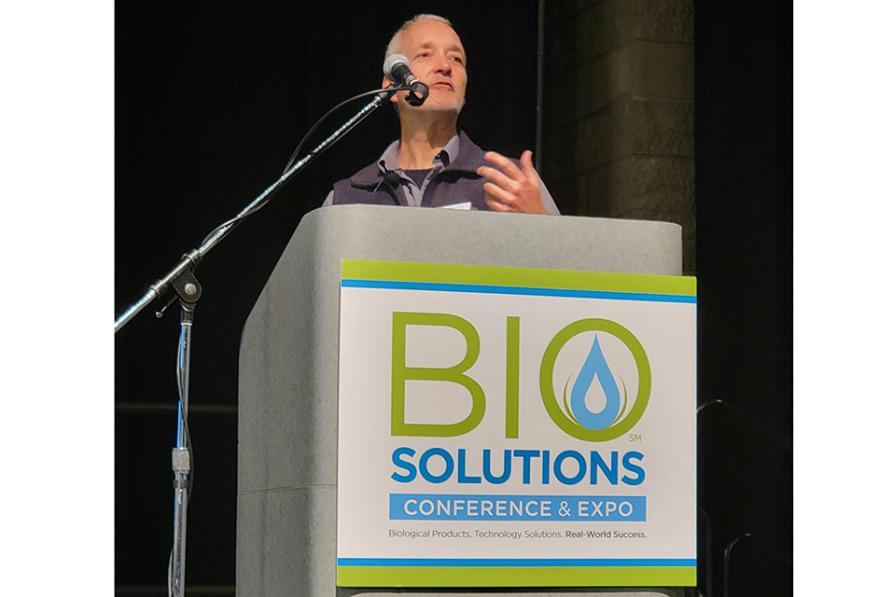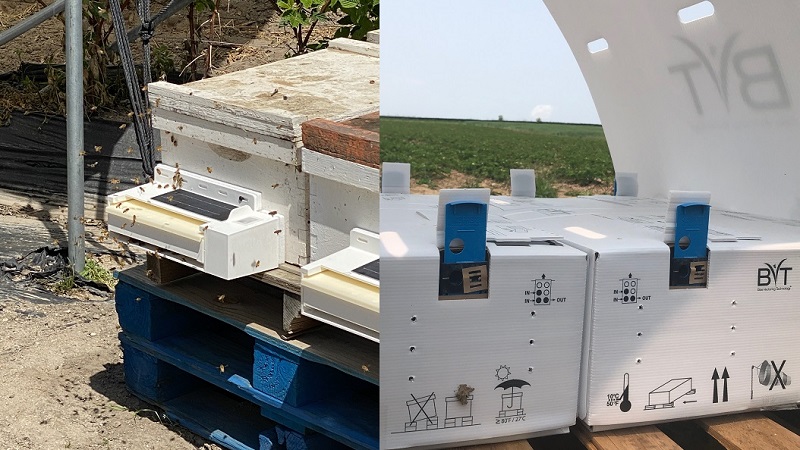Enhanced Food Traceability Recordkeeping Rules Proposed
Before Frank Yiannis became the Deputy Commissioner for Food Policy and Response at FDA, he was Vice President of Food Safety at Walmart. There he championed the concept of end-to-end traceability of food and produce to enable rapid identification of the sources of foodborne pathogen outbreaks.
He carried that culture and thinking to FDA, which continues to roll out the Food Safety Modernization Act (FSMA). In September, the organization announced a new traceability initiative that will include some specialty crop sectors.
Existing FDA regulations require much of the food industry to establish and maintain records that document one step forward to where food has gone and one step back to its immediate, previous source. These requirements establish baseline traceability record keeping throughout much of the food system, but these records often prove insufficient to effectively and rapidly link shipments of food through each point in the supply chain. In addition, existing FDA traceability requirements do not apply to farms and restaurants. This means a large part of the supply chain is excluded from having to keep these important traceability records.
Enhanced Traceability
The FDA has published a list of foods on its food traceability list (FTL) that will require additional traceability record-keeping. Cucumbers, tomatoes, leafy greens, melons, peppers, and all types of fresh-cut fruit and vegetables are among the crops impacted.
The FDA is proposing to establish additional traceability record-keeping requirements (beyond what is already required in existing regulations) for persons who manufacture, process, pack, or hold these crops or other foods the agency has designated for additional scrutiny.
The new requirements will be to establish and maintain records containing Key Data Elements (KDEs) associated with different Critical Tracking Events (CTEs).
The proposed rule identifies growing, receiving, transforming, creating, and shipping as the CTEs for which records containing KDEs would be required. The required KDEs would vary depending on the CTE that is being performed. The records required for each CTE would need to contain and link the traceability lot code of the food to the relevant KDE. Growers of crops on the list would be required to create and maintain records containing and linking the food’s traceability lot code to the growing area coordinates.
The traceability lot code allows a food to be uniquely identified throughout the supply chain. As part of a firm’s traceability records program, it would be required to describe how they establish and assign traceability lot codes.
Because of the crucial role that traceability lot codes play in the proposed rule, it is important that regulators know how a firm created and assigned these codes so they can better understand the scope of the records they are reviewing.
The proposed rule also would require that:
• records be maintained as either original paper records, electronic records, or true copies; they all must be legible and stored to prevent deterioration or loss.
• traceability records be provided to FDA as soon as possible, but no later than 24 hours after a request is made.
• an electronic, sortable spreadsheet containing relevant traceability information be provided to FDA within 24 hours of a request, when necessary, to assist FDA during an outbreak, recall, or other threat to public health.
Implementation
The FDA proposes that any final rule on additional traceability record-keeping requirements for foods on the FTL would become effective 60 days after it is published in the Federal Register. The rule’s comment period will expire on Jan. 21, 2021. For more information, visit https://www.fda.gov/food/food-safety-modernization-act-fsma/food-traceability-list.
Because an effective traceability system requires all entities along a supply chain to maintain traceability records, FDA suggests that everyone subject to the rule should come into compliance by the same date. The agency proposes that the compliance date for all persons subject to the record-keeping requirements would be two years after the effective date of the final regulation.
While the proposed requirements would only apply to those foods on the FTL, they were designed to be suitable for all FDA-regulated food products. FDA encourages voluntary, industry-wide adoption of these practices.










